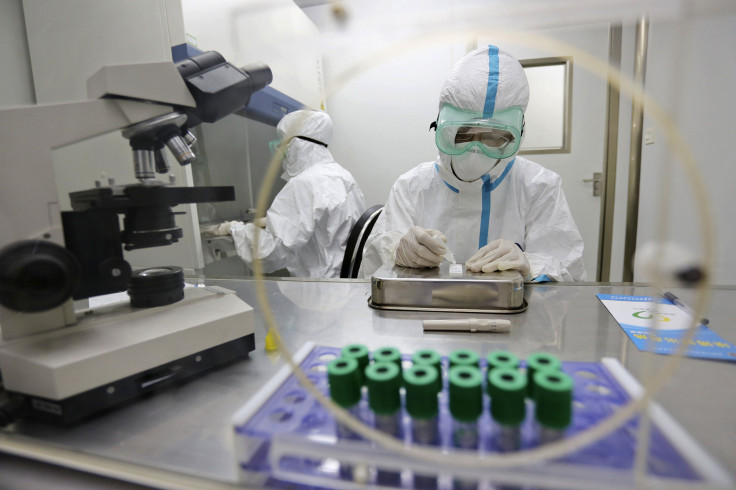Ebola Outbreak: UN Says It Is ‘Ethical’ To Give Experimental Drugs To West African Patients

The U.N. endorses treating Ebola patients in West Africa with experimental drugs and vaccines to combat the ongoing Ebola outbreak there, the agency said in a statement on Tuesday. The announcement from the World Health Organization -- a specialized branch of the U.N. concerned with international health issues -- comes after medical experts met to debate the ethics of using drugs to combat a virus for which there's no known cure.
"In the particular circumstances of this outbreak and provided certain conditions are met, the panel reached consensus that it is ethical to offer unproven interventions with as yet unknown efficacy and adverse effects, as potential treatment or prevention," the agency said. Health experts have long debated whether it's right to use unproven treatments on people infected with the deadly virus. While the statement from the U.N. makes clear that experimental vaccines should be used, it skirts the key question of who should decide where the limited drugs are dispersed.
Health officials in Liberia will receive doses of an unproven Ebola drug to treat doctors in the West African country, the Liberian government said over the weekend, according to the Associated Press. The government is working with the maker of ZMapp, an experimental serum to protect against the Ebola virus, to establish distribution of the drug to a limited number of patients in Liberia.
More than 1,000 people have died so far in the Ebola outbreak in West Africa, Reuters reports. The largest number of new deaths has occurred in Liberia, followed by Sierra Leone and Guinea. The total number of cases has risen to 1,848, according to the WHO.
The Ebola virus was first detected in Guinea in March and has since spread to Liberia and Sierra Leone and possibly Nigeria. Ebola is one of the world’s deadliest viruses with a case fatality rate of up to 90 percent. It's transmitted by direct contact with bodily fluids, including blood, or the tissues of infected animals or people.
© Copyright IBTimes 2024. All rights reserved.






















